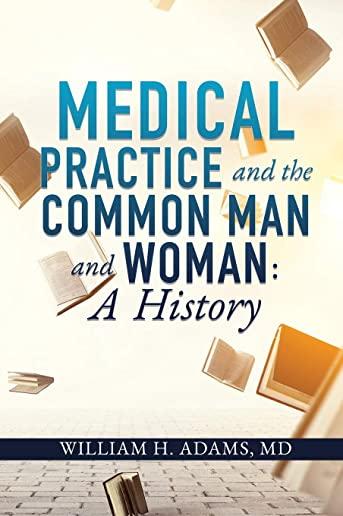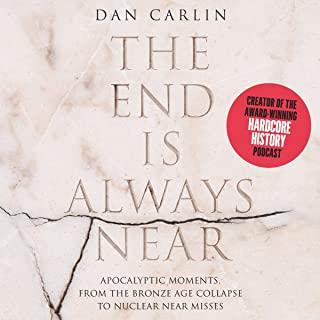
This abridgement of the three-volume work, The Natural State of Medical Practice, provides a complete exposition of a revolutionary theory of social evolution. In an informative history of medical practice over the ages, one interspersed with personal observations and anecdotal explanations from his forty years in medical practice and supported by fifteen hundred scholarly references, Dr. Adams identifies broad-based liberty of the common man and woman as the sole explanation for human progress. Eschewing the "Great Man" theory of history and using medical practice as a gauge of societal progress, Dr. Adams provides evidentiary support for many arresting conclusions, including a debunking of theories suggesting Western civilization owes its successes to prior civilizations, to Hippocratic medicine, or even to the Renaissance. He provides evidence that human progress was delayed for thousands of years, its prehistorical initiation blocked by egalitarian authoritarianism and its maturation mutilated by political authoritarianism in the great civilizations of Mesopotamia, Egypt, India, and China. In a profound denigration of authoritarian governance he introduces into the social equation the concept of natural law, from which he concludes that the incredible progress of the past three centuries in the West has been the consequence of freedom of conscience following the Reformation that demanded democratic governance, thereby releasing the potential of the common man and woman and thus proving that there is no such thing as a common man or woman. To those interested in the history of medicine, political science, anthropology, sociology, contemporary political discourse, and to those actively engaged in clinical medicine today, Dr. Adams counsels that historicism is not dead, that the history of human liberty has yet to be told, and that infractions of the Hippocratic Oath reveal the omnipresence of authoritarian threats not only to medical practice but to human progress in general. William H. Adams, MD, FACP, DCMT (London), began his search for the natural state of medical practice while on the staff of a large municipal hospital in New York City. Dissatisfied by aspects of medical practice as incorporated in recent decades, he continued the search after retirement which, after twenty years, has culminated in his three-volume testimonial to the role of group freedom in human progress.







